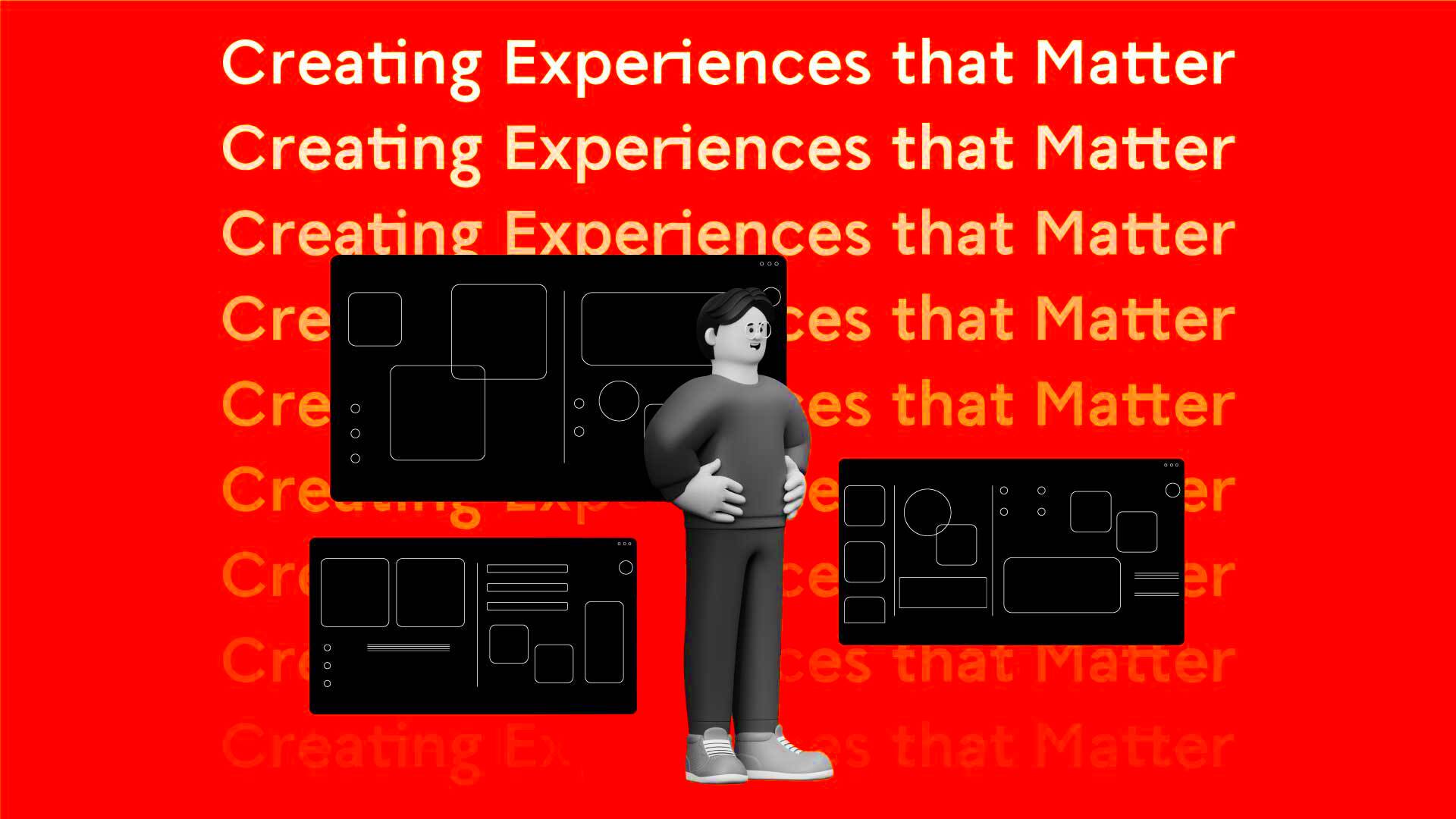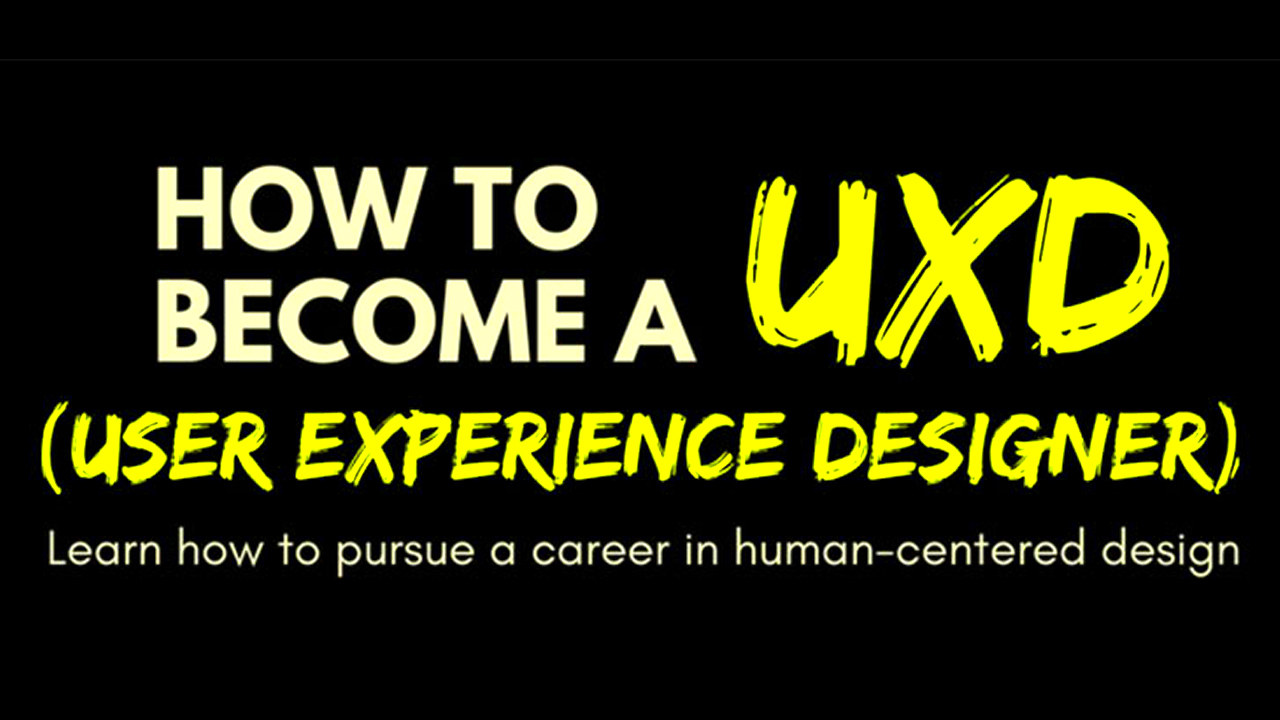Mobile UX designers play a vital role in creating user-friendly applications for smartphones and tablets. They focus on enhancing the overall experience of the user by making apps easy to use and visually appealing. In today’s digital world, a great user experience can set an app apart from its competitors. Mobile UX designers need to consider various factors, including usability, accessibility, and visual design. They conduct user research, create wireframes, and test prototypes to ensure the app meets the needs of its target audience.
Key Skills Needed for Mobile UX Design

To thrive as a mobile UX designer, there are essential skills you should develop. Here’s a list of key skills:
- User Research: Understanding the needs and behaviors of users through surveys and interviews.
- Wireframing: Creating blueprints of the app layout to visualize the user interface.
- Prototyping: Developing interactive models of the app to test design ideas.
- Usability Testing: Evaluating how real users interact with the app and identifying areas for improvement.
- Visual Design: Crafting appealing graphics and layouts that align with the app’s branding.
Having a solid foundation in these skills will help you create intuitive and effective mobile applications.
Also Read This: Which is the Best Tool for Fiverr Keyword Analytics
Steps to Get Started as a Freelance Mobile UX Designer

If you're looking to start your career as a freelance mobile UX designer, follow these steps:
- Learn the Basics: Take online courses or attend workshops to gain fundamental knowledge in UX design.
- Build Your Portfolio: Create sample projects or redesign existing apps to showcase your skills.
- Network with Other Designers: Join online communities or attend local meetups to connect with peers.
- Set Up Your Freelance Profile: Create profiles on platforms like Fiverr, Upwork, or LinkedIn to attract clients.
- Start Applying for Projects: Look for freelance gigs that match your skills and interests.
Taking these steps will help you establish yourself in the field and build a successful freelance career.
Also Read This: How to Add Tags in Fiverr: A Step-by-Step Guide
Building a Strong Portfolio for Mobile UX Design

Your portfolio is your calling card as a freelance mobile UX designer. It showcases your skills, creativity, and the value you bring to potential clients. A strong portfolio not only highlights your best work but also tells the story behind each project. When building your portfolio, focus on the following elements:
- Project Variety: Include a mix of projects that demonstrate different skills, such as user research, wireframing, and prototyping.
- Case Studies: Provide detailed case studies for select projects. Discuss the problem, your design process, and the solutions you implemented.
- Visual Appeal: Ensure your portfolio is visually pleasing. Use consistent layouts and high-quality images that reflect your design style.
- User-Centered Focus: Highlight how your designs improved the user experience. Show before-and-after scenarios to illustrate your impact.
Don't forget to keep your portfolio updated. As you complete new projects and gain experience, refresh your portfolio to reflect your current skills and style.
Also Read This: How to Get Jobs on Fiverr: A Comprehensive Guide
Finding Clients as a Freelance Mobile UX Designer
Finding clients can be challenging, especially when starting. However, there are several effective strategies to connect with potential clients:
- Online Freelance Platforms: Websites like Fiverr and Upwork are great places to find freelance gigs. Create an appealing profile and start bidding on projects that match your skills.
- Networking: Attend industry events, webinars, and local meetups. Networking helps you meet potential clients and other designers who can refer you.
- Social Media: Use platforms like LinkedIn and Twitter to showcase your work and connect with businesses looking for UX designers.
- Cold Outreach: Identify businesses that might benefit from your services and send personalized emails offering your expertise.
Consistency is key. Regularly engage with your network and maintain an active online presence to attract clients over time.
Also Read This: How to Cancel Your Fiverr Account: A Step-by-Step Guide
Setting Your Rates as a Mobile UX Designer
Determining how much to charge as a freelance mobile UX designer can be tricky, but it’s crucial for your success. Here are some factors to consider when setting your rates:
- Your Experience: If you’re just starting, it’s okay to charge lower rates to build your portfolio. As you gain experience, gradually increase your fees.
- Market Rates: Research what other freelance mobile UX designers are charging. Websites like Glassdoor and PayScale can provide insights into typical rates.
- Project Complexity: Consider the complexity and scope of each project. More challenging projects may justify higher rates.
- Value Provided: If your work significantly impacts a client’s success, reflect that in your pricing. Clients are often willing to pay more for high-quality work.
Decide whether you want to charge hourly or per project, and be transparent about your rates with clients. Remember, your rates should reflect your skills and the value you offer.
Also Read This: How to Work as a Freelance Fashion Stylist
Managing Your Freelance Business Effectively
Running a freelance business as a mobile UX designer is not just about design skills; it's also about managing your time and resources effectively. Good management helps ensure a steady workflow and can lead to long-term success. Here are some tips to help you manage your freelance business:
- Set Clear Goals: Define your short-term and long-term goals. This could be landing a certain number of clients or earning a specific income.
- Organize Your Work: Use project management tools like Trello or Asana to keep track of deadlines and tasks. Staying organized helps you deliver projects on time.
- Communicate with Clients: Maintain open lines of communication with your clients. Regular updates and check-ins build trust and keep clients informed about your progress.
- Set Boundaries: Freelancing can blur the lines between work and personal time. Establish working hours to ensure you have time to recharge.
- Track Your Finances: Use accounting software to track your income and expenses. Knowing your financial situation is crucial for making informed business decisions.
By implementing these strategies, you can create a more efficient and successful freelance business.
Also Read This: Does Fiverr Use Bots?
Frequently Asked Questions about Freelance Mobile UX Design
As a freelance mobile UX designer, you may have questions about various aspects of the job. Here are some common queries and their answers:
| Question | Answer |
|---|---|
| What is the average salary for a freelance mobile UX designer? | It varies widely based on experience and location, but many freelance mobile UX designers earn between $50 to $150 per hour. |
| How can I improve my skills? | Consider taking online courses, attending workshops, or joining design communities to learn from others. |
| How do I find clients? | Utilize online platforms, network in industry events, and leverage social media to showcase your work and attract clients. |
| Is it necessary to have a degree in UX design? | No, while a degree can be beneficial, many successful UX designers are self-taught or have taken specialized courses. |
These FAQs can help clarify your doubts as you embark on your freelance journey.
Conclusion and Final Thoughts
Building a career as a freelance mobile UX designer can be rewarding and fulfilling. With the right skills, effective management, and a strong portfolio, you can attract clients and succeed in this competitive field. Remember to stay curious and continue learning, as the design landscape is always evolving. Networking and building relationships are just as important as honing your design skills. Embrace the journey, stay committed, and enjoy the flexibility and creativity that freelancing offers. Good luck as you embark on your career as a freelance mobile UX designer!




